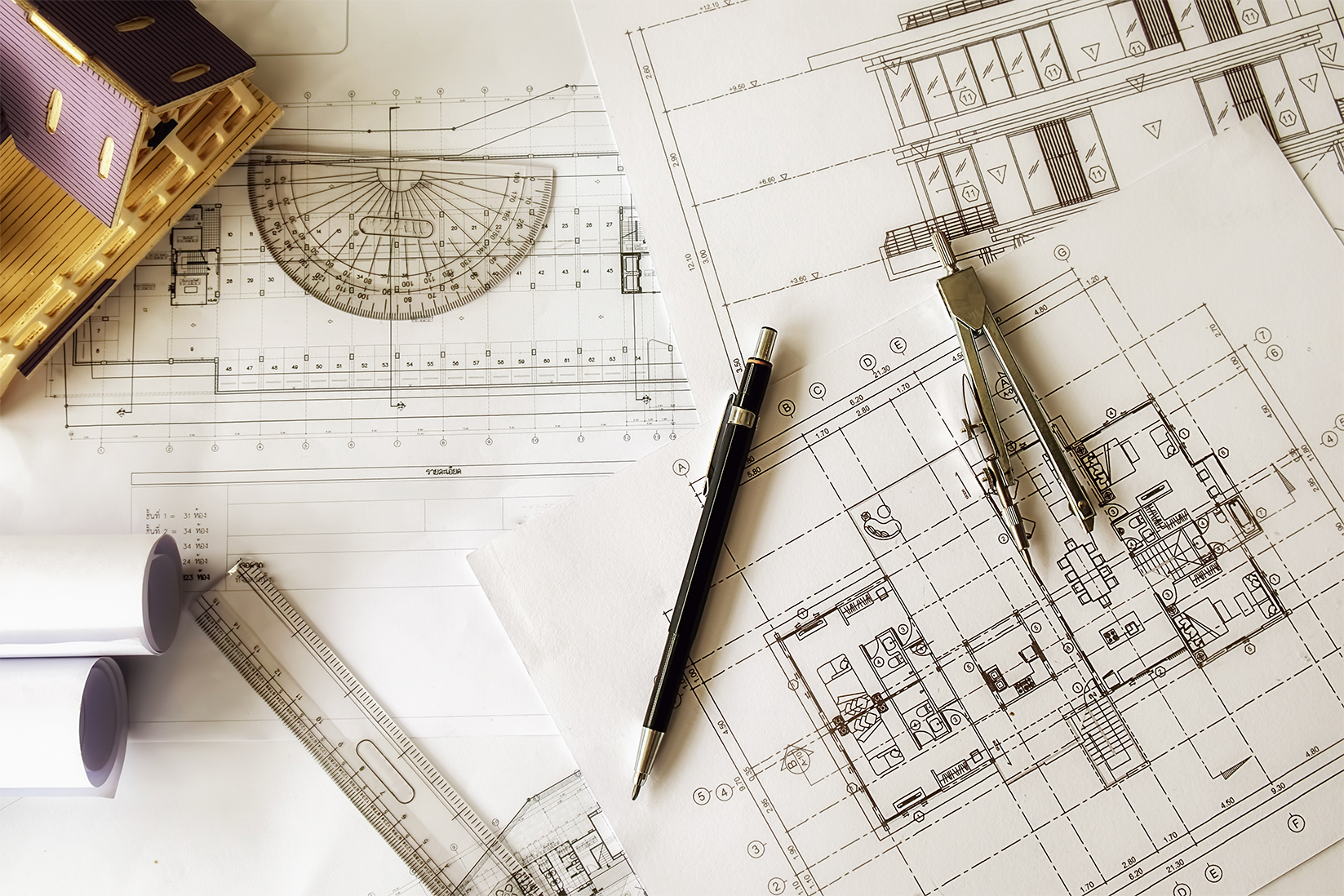
The Lean way
- P.O. Box 8173 Louisville, Kentucky 40257-8173 USA
- Phone: + 1-502-322-6567
- [email protected]
LIFT Activity
- Home
- Other Services
- LIFT Activity

LIFT is our version of a rapid improvement workshop or Kaizen event. LIFT stands for Learning and Improvement Focused Transformation. Effective change can only occur through a process of learning and development of your people. By combining formal learning with transformation activities, we can get faster, better and more sustainable results while building the capability and enthusiasm of your work force for self-directed transformation projects in the future.
The primary goal of the LIFT event is to leave you with a skilled team that is enthusiastic about continuous improvement, improving their learning and problem-solving abilities.
During a LIFT event we work with cross-functional and cross-hierarchical teams, with most team members coming from the focus area. A typical event is a 2-4 day activity where we apply a just-in-time learning approach that gets everyone involved early and keeps them engaged.
To be most effective, we identify the focus area during a pre-event visit to your facility. Working together, we will form teams and define the objectives, scope and resources available for the activity. Depending on the background of the teams, the event often begins with an overview of lean operations, taught using hands-on simulations, so that the team can understand the ideal future state we are striving for.
We review the approach we will be using, outlining the “standardized work" of a LIFT event so that the program will proceed in a structured and systematic manner. Everyone walks the value stream and interviews associates, supervisors and support personnel who couldn't be full participants in the event. This step is probably the most critical in helping the team thoroughly understand the problem.
When we enter the solution phase, we carefully and deliberately follow a formal problem solving process, teaching as we go. This leads to the development of an action plan for implementing the solutions developed by the team. All plans include detailed performance measurement, so we have data available to make future adjustments. These may include auditing systems, daily management systems or even suggestion systems.
The program ends with teams delivering a comprehensive presentation to senior management, detailing the activities, challenges, successes and plans for the future. ILS continues to follow up with the team, checking their progress, giving advice, coaching and motivating.
This approach, combining learning and personal development with achievement and accomplishment, yield a level of motivation in team members that inspires them to repeat the experience in their own work stations. It also gives them the confidence to tackle more complex problems in the future.